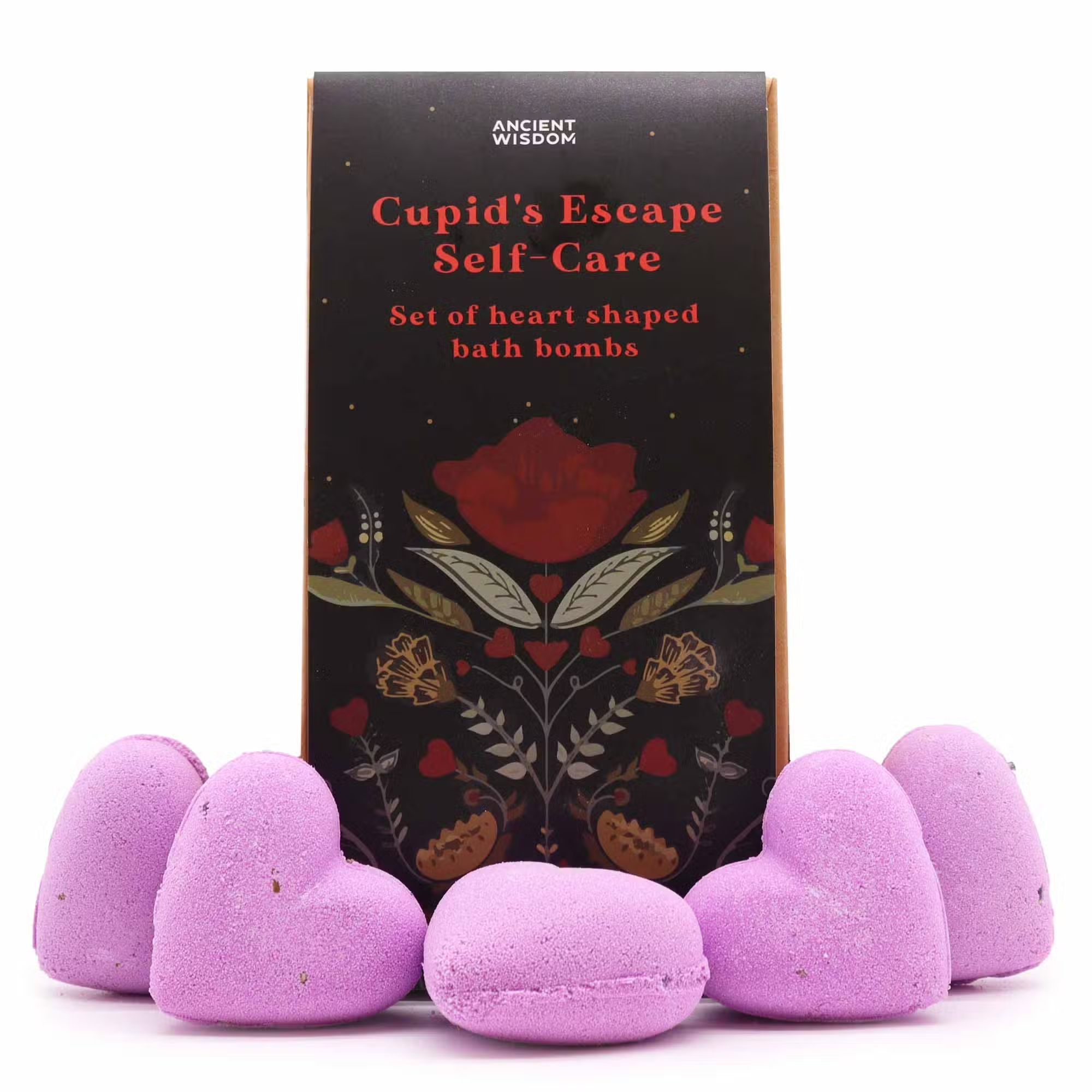Breaking Down the Skincare Ingredients: What to Look for and Why
Skincare has become an essential part of our daily routines, with countless products available in the market promising glowing, youthful skin. However, have you ever wondered what makes these skincare products effective? The key lies in understanding the ingredients used in these products. In this blog post, we will break down some crucial ingredients to look for and explain why they are beneficial for your skin.
1. Hyaluronic Acid:
Hyaluronic Acid is a powerful ingredient that helps to keep your skin hydrated and plump. It is a natural substance found in our body, but its production decreases as we age. Adding hyaluronic acid to your skincare routine can help restore moisture to your skin, reducing dryness and fine lines. It also acts as a humectant, attracting water molecules to the skin and providing long-lasting hydration.
2. Retinol:
Retinol, a derivative of Vitamin A, has gained immense popularity in the skincare world. Known for its anti-aging properties, retinol helps to stimulate collagen production, reducing the appearance of fine lines, wrinkles, and age spots. It also accelerates cell turnover, revealing fresher, brighter skin. However, it’s important to note that retinol may cause sensitivity, especially for those with sensitive skin. Hence, it’s advisable to start with a low concentration and gradually increase it over time.
3. Niacinamide:
Niacinamide, also known as Vitamin B3, is another key ingredient to look for in skincare products. It offers multiple benefits like reducing redness, minimizing pore appearance, and regulating oil production. Additionally, niacinamide helps to improve the skin’s natural barrier function, making it less prone to environmental damage. It is a versatile ingredient suitable for all skin types and is particularly helpful for those with acne-prone or sensitive skin.
4. Vitamin C:
Vitamin C is a renowned antioxidant that provides several skincare benefits. It helps to brighten the skin by inhibiting the production of melanin, reducing the appearance of dark spots and hyperpigmentation. Vitamin C also enhances collagen synthesis, promoting a firm and youthful complexion. Additionally, it protects the skin against free radicals and UV damage, making it an excellent ingredient for overall skin health.
5. Peptides:
Peptides are amino acid chains that play a crucial role in maintaining the skin’s elasticity and firmness. They act as messengers in the skin, signaling collagen production and stimulating tissue repair. By incorporating peptides into your skincare routine, you can help strengthen the skin’s structure, reducing the signs of aging and improving overall skin texture. Look for products with peptides like palmitoyl pentapeptide-4 or matrixyl.
6. Ceramides:
Ceramides are lipids naturally found in the outer layer of our skin, responsible for maintaining its moisture balance. They act as a protective barrier, preventing water loss and protecting the skin from external aggressors. When the skin’s ceramide levels decrease, it can lead to dryness and sensitivity. By using products containing ceramides, you can replenish and strengthen your skin’s barrier, promoting hydration and preventing moisture loss.
7. AHAs and BHAs:
AHAs (Alpha Hydroxy Acids) and BHAs (Beta Hydroxy Acids) are exfoliating ingredients that help to remove dead skin cells, unclog pores, and promote skin renewal. AHAs like glycolic acid and lactic acid are water-soluble and are effective in treating sun damage and hyperpigmentation. BHAs like salicylic acid, on the other hand, are oil-soluble and penetrate deeper into the pores, making them ideal for treating acne and blackheads. Incorporating products with AHAs and BHAs into your skincare routine can help improve overall skin texture and address specific skin concerns.
Understanding the ingredients in your skincare products can empower you to make informed choices for your skin. Remember, what works for one person may not work for another, so it’s essential to pay attention to your skin’s specific needs. Consult with a dermatologist if you have any concerns or questions about certain ingredients to ensure you’re using products that are safe and suitable for your skin type. With the right knowledge and ingredients, you can achieve healthy, radiant skin.












